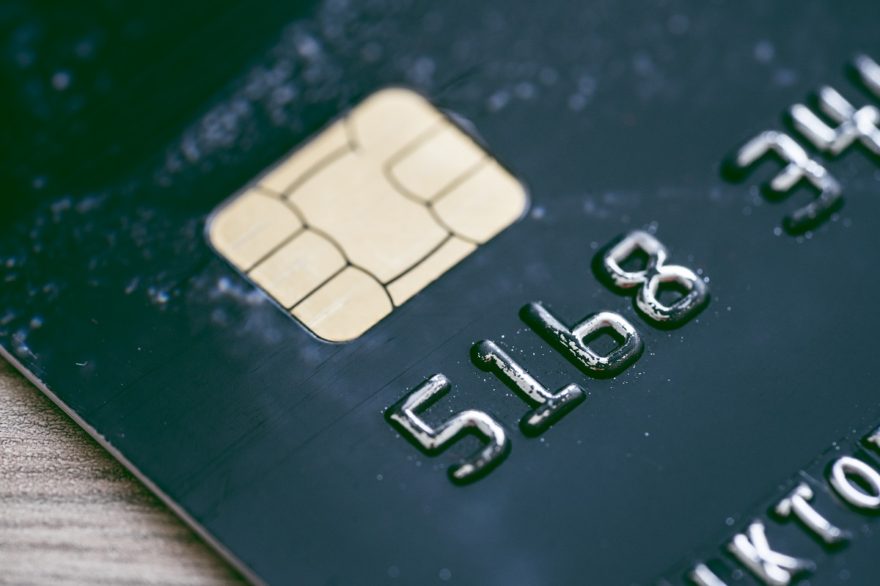You work hard to protect your personal data only to learn that one of the top three credit reporting agencies was hacked and jeopardized private financial information of 143 million Americans. What can you do to safeguard your money, time, and credit score from theft and fraud?
1. Everyone should check to see if they have been impacted by the Equifax breach. Unless you are four years old, you probably have a file at each agency: Equifax, Experian, and TransUnion. To find out if your information was stolen from Equifax, go to this website:
https://www.equifaxsecurity2017.com/am-i-impacted/
2. If you have been impacted, Equifax will allow you to register for free for their protection service, TrustedID Premier. You should do this. Please note that when you request this the first time, it will give you a date to come back and register your membership. After you register, you will later be sent an email with instructions to activate your membership. If you skip these steps, you are not enrolled or protected. It took them two weeks from the time I first applied until my account was activated.
3. Consider putting a credit freeze on your account. This means that if anyone tries to open a credit card or take out a new loan using your identity, that the process will be stopped. That includes yourself – if you go out car shopping and decide to get a new Subaru, your loan will be rejected. You would want to unfreeze your credit a day or two before you do any of these things.
4. Please note that even if you go through this freeze process with Equifax and TrustedID, you may not be 100% safe unless you go through the same steps with Experian and TransUnion.
If you think there may have been unauthorized activity on your accounts, you can also place an Initial Fraud Alert on your account, which is free and lasts for 90 days. By placing an Alert with one agency, they notify the other two.
http://www.experian.com/blogs/ask-experian/what-is-the-difference-between-a-credit-freeze-and-fraud-alert/
5. You should check your credit report at least annually for errors or possible fraud. A free report is required by Federal Law and is available online from each agency at: https://www.annualcreditreport.com/index.action
6. Wallet security: Consider keeping one credit card at home so if your wallet is stolen, you still have one to use. Never keep your Social Security Card in your wallet. If a thief has your credit cards, drivers license, AND social security number, they can do a lot of damage. Keep a photocopy of your credit cards (front and back), drivers license, and passport at home in a safe. If those are lost, you at least know who to call.
7. Online security: Please don’t use passwords that are simple or easily guessed. Don’t use the same password for all accounts. Consider using a password storage software that will generate and store complex passwords for each account. Avoid public wifi when accessing financial accounts. Use two-factor authentication if available.
8. Computer security: 75% of computer breaches are due to “known vulnerabilities”. That means it could have been prevented by an available software update. Each Tuesday night, Microsoft releases patches for security issues. If you are on automatic updates, you are covered. By Wednesday, hackers from around the world try to reverse engineer the patches to uncover how they can break into computers which did not update. Keep your computer updated and use a good anti-virus software. Wipe your hard drives and phones before recycling.
9. Email security: Email is not a secure form of sending information. Avoid emailing your Social Security number, credit card information, tax forms, or account numbers. Hackers have found signatures on emailed PDFs and copied them to “sign” wire transfer requests and steal money from bank accounts.
10. Paper security: Avoid putting sensitive documents in the trash. Buy a shredder. Consider installing a mailbox with a lock.
We take cyber security very seriously and know that fraud and identity theft is a major source of stress. If you have a question about how to best protect your identity and safeguard your money, please give me a call.




